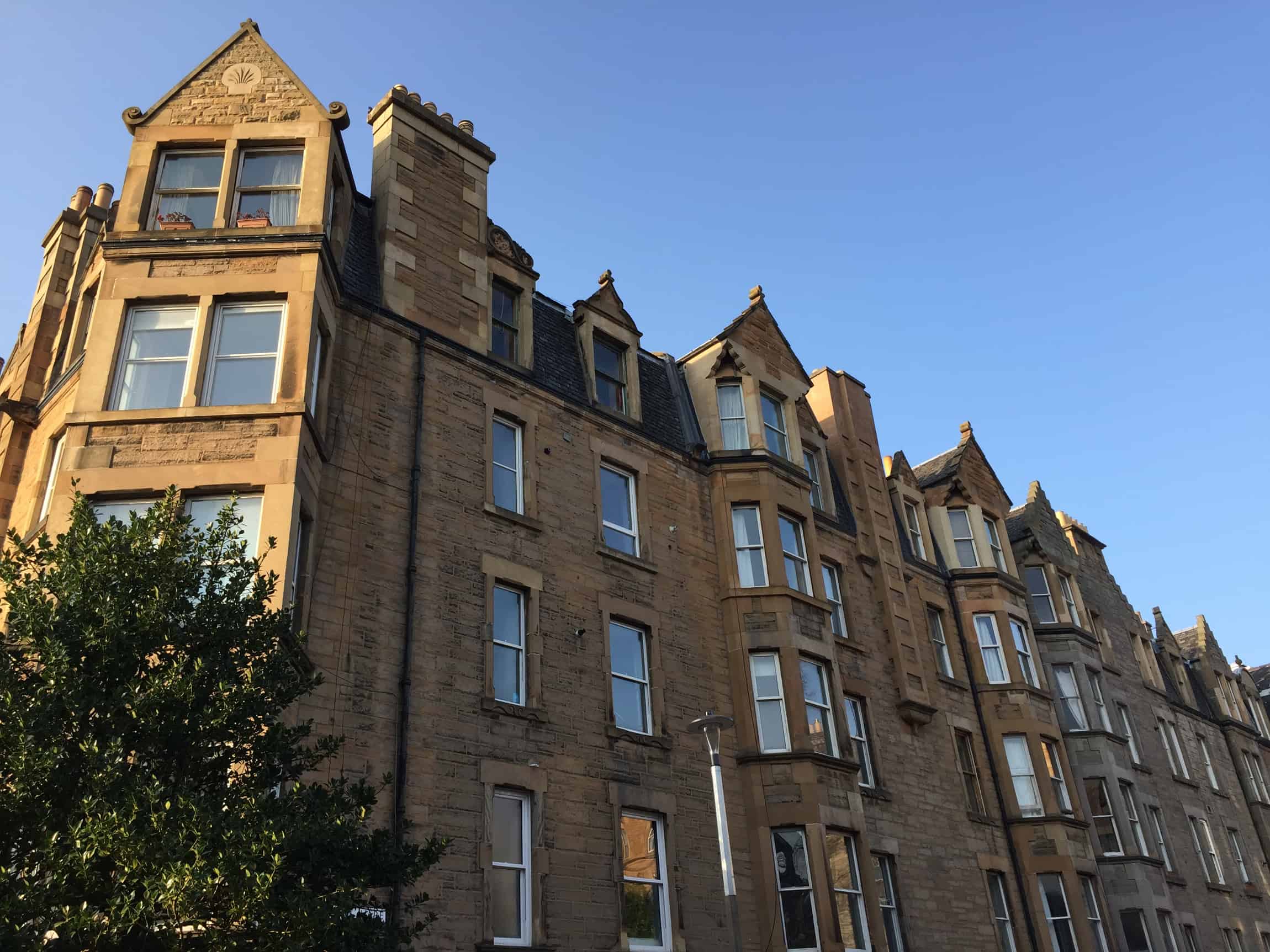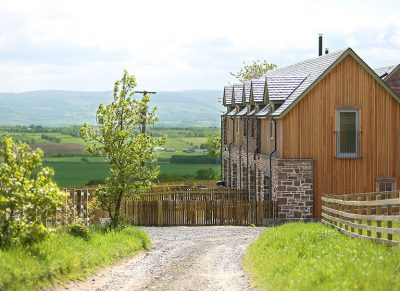The Civic Government (Scotland) Act 1982 (Licensing of Short-term Lets) Order 2021 (the Order) came into force on 1 March 2022. Its purpose is to regulate the short-term letting sector by introducing a national licensing scheme to be operated by local authorities backed up by criminal sanctions. In addition, local authorities will be able to create Short-term Let Control Areas to require planning permission in ‘hot spots’ to deal with issues such as over provision. Full guidance is now available for hosts and agents, as well as in relation to planning.
What is and what is not a short-term let?
What is meant by short-term let, and therefore what will require a licence, is set out in Article 3 of the Order and covers 3 scenarios:
- home sharing (where a room or rooms are let out in the host’s home)
- home letting (the temporary letting of the host’s home – in whole or part)
- secondary letting (the letting of a property that is not the host’s home)
There are some exclusions (for example live in staff, family members, service occupancies) and the Order does not apply to hotels and aparthotels. It should also be noted that a lodger residing in a property as their only or principal home with the owner is also excluded.
The Order is aimed at commercial arrangements where the property is not the only or principal home of the occupant/guest. Generally, that will mean that if there is no rent payable then there will be no requirement for a short term let licence, but you should be aware that “rent” is not always monetary. It is suggested that “house swaps” potentially need to be licensed as they are not without a consideration.
The length of stay is not important (although there are certain tax implications if holiday lets exceed 31 days). That being the case, there is no difference in the treatment of short-term lets and what would traditionally be regarded as holiday lets. Consequential changes are made to both the Housing (Scotland) Act 2006 and the Antisocial Behaviour etc (Scotland) Act 2004. If you only operate short-term lets you will not need a landlord licence or an HMO licence. As such, whilst the Repairing Standard (including EICRs), Gas Safety and legionella risk assessments will apply to such lets, there is no requirement to lodge any deposit taken with an approved tenancy deposit scheme. Short-term lets will also have to comply with the requirements of the Fire (Scotland) Act 2005 which include risk reduction measures, means of fire warning, firefighting and escape.
Where agents only operate short-term lets, they will not need to be registered as letting agents, but owners have to name their agents in the licence application who require to be “suitable” to act.
When do the new rules apply?
Local authorities have until 1 October 2022 to establish their licensing schemes and open them for applications with all short-term lets to be licensed by 1 April 2023.
There are “grandfather rights” for existing operators who lodge applications by 1 April 2023 in that they will be allowed to continue offering short-term lets without a licence until 1 July 2024 after which they will need to have a licence.
The application and licence
The application process involves a ‘fit and proper person’ test, as well as assessment of the level of compliance with safety standards and certain mandatory conditions which will apply for all short-term lets across Scotland. Local authorities may also attach additional conditions to any licence they issue.
Licences will be issued for an initial period up to a maximum three years and will be issued on a per property basis, not per landlord. They will also confirm the only type of short-term letting allowed (for example home sharing, home letting or secondary letting) and specify the maximum number of guests. Renewed licences can be granted for periods exceeding three years and fees are to be determined by each local authority.
If an application for a short-term let licence is refused, any appeal against such a refusal will be to the Sheriff Court not the First-tier Tribunal and be made within 28 days of the date of decision.
What duties apply once licensed?
In the property itself, you will need to display the licence and licence conditions, fire, gas and electrical safety information including copies of certificates and how to contact the emergency services.
Any advert listing the property for let will need to include the:
- licence number
- EPC rating
- maximum occupancy level
Short-term control areas
Introduced by the Planning (Scotland) Act 2019 which added Section 26B to the Town and Country (Planning) (Scotland) Act 1997 (see also The Town and Country Planning (Short-term Let Control Areas) (Scotland) Regulations 2021 and subsequent amendment regulations), control areas are designed to help local authorities deal with high concentrations of short-term lets. If a property is situated in a control area, then, in addition to a short-term let licence, owners will have to obtain planning permission for secondary letting. This does not apply to home sharing or home letting. Secondary letting is classed as a “material change of use”. As mentioned above, planning guidance is available and should be consulted for further details.
The date for the opening of local authority licensing schemes is fast approaching and those who operate (or plan to) short-term lets should familiarise themselves with the guidance. Beyond that, a number of local authorities (including Edinburgh City Council) have indicated their intention to proceed with short-term let control areas.
If you require any further information or advice, please contact us.












